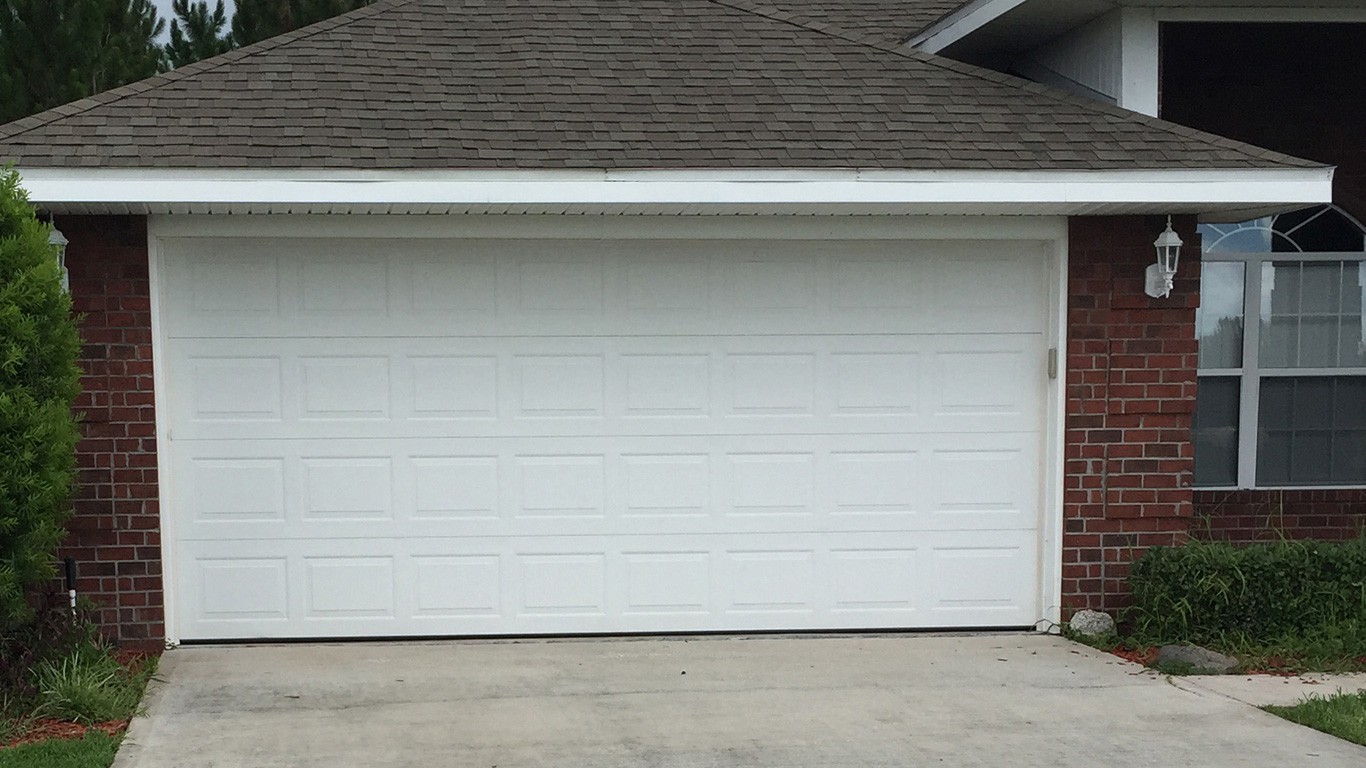

Articles
How Wide Is A Standard Garage Door
Modified: February 28, 2024
Discover the standard width of a garage door in this informative article. Learn about different sizes and find the perfect fit for your home.
(Many of the links in this article redirect to a specific reviewed product. Your purchase of these products through affiliate links helps to generate commission for Storables.com, at no extra cost. Learn more)
Introduction
A standard garage door is an essential feature of any home, providing security and convenience for homeowners. When it comes to garage doors, one important factor to consider is the width. The width of a standard garage door can vary depending on several factors, including the size of the garage, the type of vehicle you own, and any additional features you might want to incorporate.
In this article, we will explore the standard sizes of garage doors, the factors that affect the width of a garage door, and how to choose the right width for your specific needs.
Whether you are building a new home or renovating your existing garage, understanding the standard widths of garage doors will help you make informed decisions and ensure that your garage door fits seamlessly into your overall design.
Key Takeaways:
- Standard garage door widths range from 8 to 10 feet, accommodating single and multiple vehicles. Consider vehicle dimensions, future needs, and storage space when choosing the ideal width for seamless functionality and convenience.
- Choosing the right garage door width is crucial for efficient vehicle access and storage. Accurate measurements, professional guidance, and foresight into future requirements will ensure a well-informed decision that aligns with your unique needs.
Read more: How Wide Is A Standard Patio Door
Standard Garage Door Sizes
Garage doors come in a range of standard sizes that are common in the industry. These sizes are designed to accommodate common vehicles and provide ample space for easy entry and exit. The most common standard garage door widths are 8 feet, 9 feet, and 10 feet.
For single-car garages, the standard width is typically 8 feet. This width provides enough space for most compact and mid-sized cars to maneuver in and out of the garage comfortably.
For homeowners with larger vehicles or those who desire more space, a wider garage door may be necessary. The next standard width option is 9 feet, which provides an additional foot of space compared to the standard 8-foot width. This extra width can accommodate larger cars, SUVs, or trucks.
For those with even larger vehicles, the maximum standard width available is 10 feet. This size is often chosen by homeowners who own larger trucks or have specific storage requirements.
It’s important to note that these standard widths refer to the actual opening size of the garage door. The overall dimensions of the garage door will be slightly larger to account for the necessary hardware and tracks.
While these standard sizes can be a good starting point, it’s essential to consider other factors that may influence the width of your garage door.
Factors Affecting Garage Door Width
While standard garage door sizes can provide a general guideline, there are several factors that can affect the width of your garage door. It’s important to consider these factors to ensure that your garage door meets your specific needs:
- Number of Vehicles: The number of vehicles you plan to park in your garage can greatly influence the width of your garage door. If you have a multi-car household or if you have large vehicles such as SUVs or trucks, you may need a wider garage door to accommodate their width.
- Vehicle Dimensions: The size and dimensions of your vehicles are another crucial consideration. Measure your vehicles’ width, height, and length to ensure they can comfortably fit through the garage door without any obstructions or clearance issues.
- Additional Storage Space: If you plan to use your garage for storage purposes, you may want to consider a wider garage door to allow for easy access and maneuverability of items. This is especially important if you have larger items such as lawn equipment, bikes, or other bulky items that you need to store in your garage.
- Future Needs: It’s always beneficial to plan for the future. If you anticipate purchasing larger vehicles or have plans to expand your storage needs, it may be wise to opt for a wider garage door to accommodate these potential changes.
Keep in mind that the width of your garage itself will also play a role in determining the appropriate width for your garage door. Consulting with a professional garage door installer can provide valuable insights and help you make the right choice.
Next, let’s explore the common garage door widths and their suitability for different situations.
A standard single garage door is typically 8 to 9 feet wide, while a double garage door is usually 16 feet wide. Always measure your specific garage door to ensure accuracy.
Common Garage Door Widths
When it comes to garage door widths, there are some common sizes that are widely used due to their versatility and practicality. Here are the most common garage door widths and their suitability for different situations:
- Single Car Garage Door: The standard width for a single-car garage door is usually 8 feet. This width is suitable for most compact and mid-sized cars. It provides enough space for easy entry and exit without feeling cramped.
- Double Car Garage Door: For homeowners with two cars or larger vehicles, a double car garage door is typically used. These garage doors have a standard width of 16 feet, which gives enough space for two cars side by side. It provides convenience and enough room to comfortably open the car doors.
- Extra Wide Garage Door: If you have larger vehicles, such as SUVs, trucks, or recreational vehicles (RVs), you may need an extra wide garage door. These doors typically have widths ranging from 18 to 24 feet or more, depending on your specific needs. They provide additional space for larger vehicles and easier maneuverability.
It’s important to remember that these are general guidelines, and specific circumstances may require different widths. Factors such as the size of the garage, the dimensions of the vehicles, and any additional storage needs should all be taken into account when selecting the appropriate garage door width.
Consulting with a professional garage door installer will help you determine the best width for your specific situation and ensure that your garage door meets your needs.
Now that we have explored the common garage door widths, let’s move on to discuss how to choose the right width for your garage door.
Choosing the Right Width for Your Garage Door
Choosing the right width for your garage door is crucial to ensure functionality and convenience. Here are some steps to help you make the right decision:
- Evaluate Your Needs: Consider your specific needs and requirements. Determine the number of vehicles you need to park in your garage and their dimensions. Additionally, think about any additional storage needs or future plans that may affect the width of your garage door.
- Measure Accurately: Take accurate measurements of your vehicles and any large items you plan to store in your garage. Measure the width, height, and length to ensure the garage door will allow for safe and easy entry and exit. It’s also important to consider any clearance issues, especially if you have taller vehicles.
- Consult with Professionals: Seek guidance from professionals in the garage door industry. They can provide expert advice based on your specific circumstances and assist you in selecting the right width for your garage door.
- Consider Future Needs: Think ahead and consider any potential changes or additions that may impact your garage door width. If you plan to upgrade your vehicles or require additional storage space, it’s wise to select a wider garage door to accommodate these future needs.
- Budget and Aesthetics: Take into account your budget and the overall aesthetics of your home. While functionality is essential, it’s also important to choose a garage door width that complements the architectural style of your home and fits within your budget constraints.
By carefully considering these factors and seeking professional advice, you can choose the right width for your garage door that meets your specific needs and enhances the functionality and appearance of your garage.
Now that you have the necessary information to make an informed decision, you can confidently choose the right width for your garage door and enjoy the convenience and security it provides.
Read more: How Wide Is A Two Car Garage Door
Conclusion
Choosing the right width for your standard garage door is essential for a seamless and functional experience. By considering factors such as the number of vehicles, the dimensions of those vehicles, additional storage needs, and future plans, you can determine the ideal width for your garage door.
Standard garage door widths commonly range from 8 feet for single-car garages to 16 feet for double-car garages. However, for larger vehicles or specific requirements, wider garage doors are available, ranging from 18 to 24 feet or more.
Accurate measurements, consultations with professionals, and thorough evaluation of your needs will ensure that you choose the right width for your garage door. It’s vital to foresee future requirements and take into account your budget and the aesthetics of your home.
Ultimately, a well-chosen garage door width will provide convenience, efficient vehicle access, and ample storage space for your belongings. It will also enhance the overall appearance and functionality of your garage, adding value to your home.
Remember, when in doubt, it’s always advisable to consult with experts in the field of garage doors. They can address any concerns or questions you may have and provide valuable insights to help you make an informed decision.
With a carefully selected garage door width, you can enjoy the benefits of easy vehicle entry and exit, sufficient storage space, and peace of mind knowing that your garage door aligns perfectly with your unique needs and preferences.
Frequently Asked Questions about How Wide Is A Standard Garage Door
Was this page helpful?
At Storables.com, we guarantee accurate and reliable information. Our content, validated by Expert Board Contributors, is crafted following stringent Editorial Policies. We're committed to providing you with well-researched, expert-backed insights for all your informational needs.
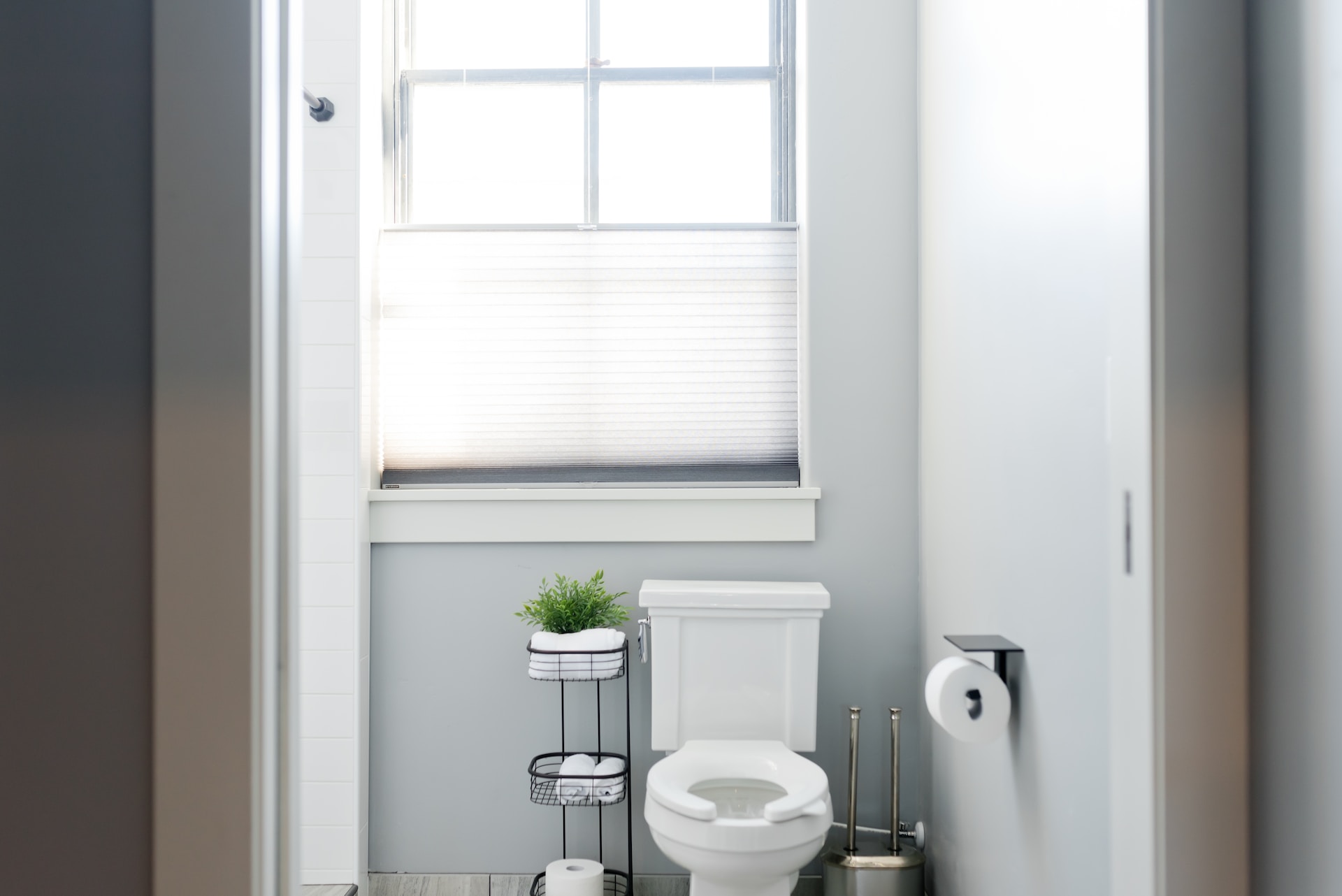


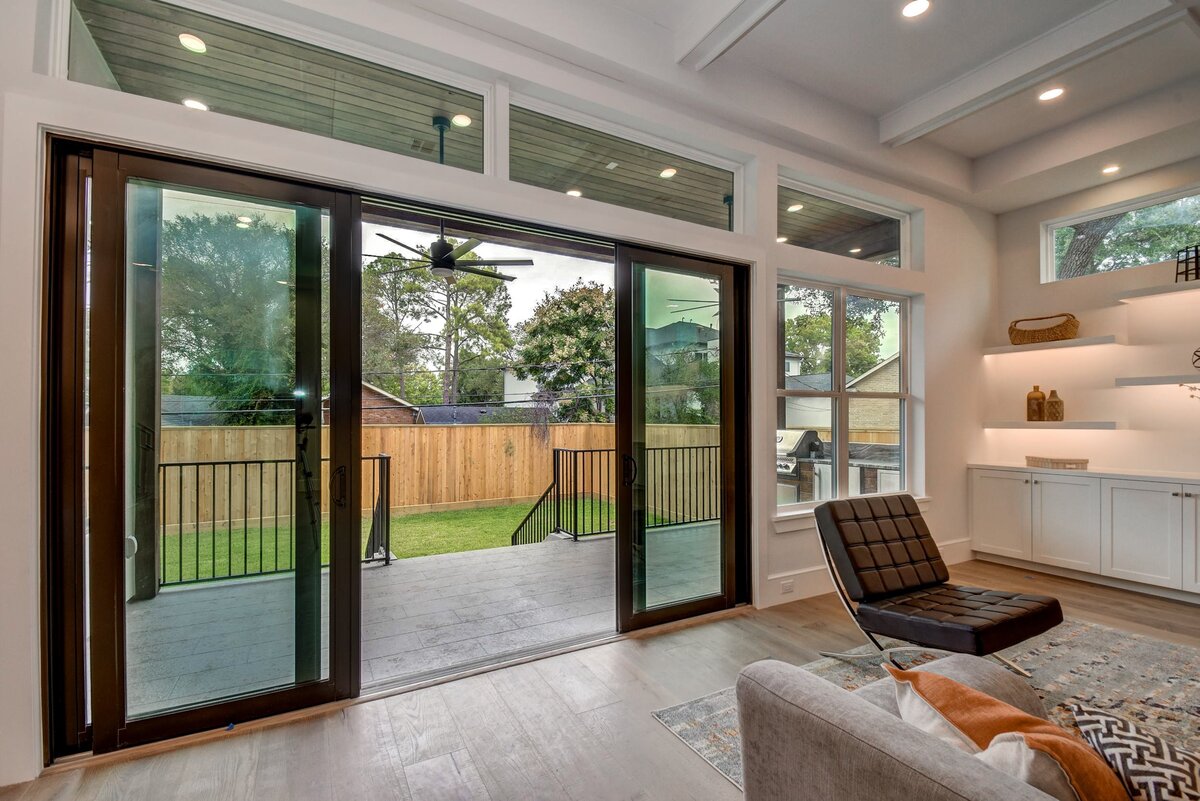
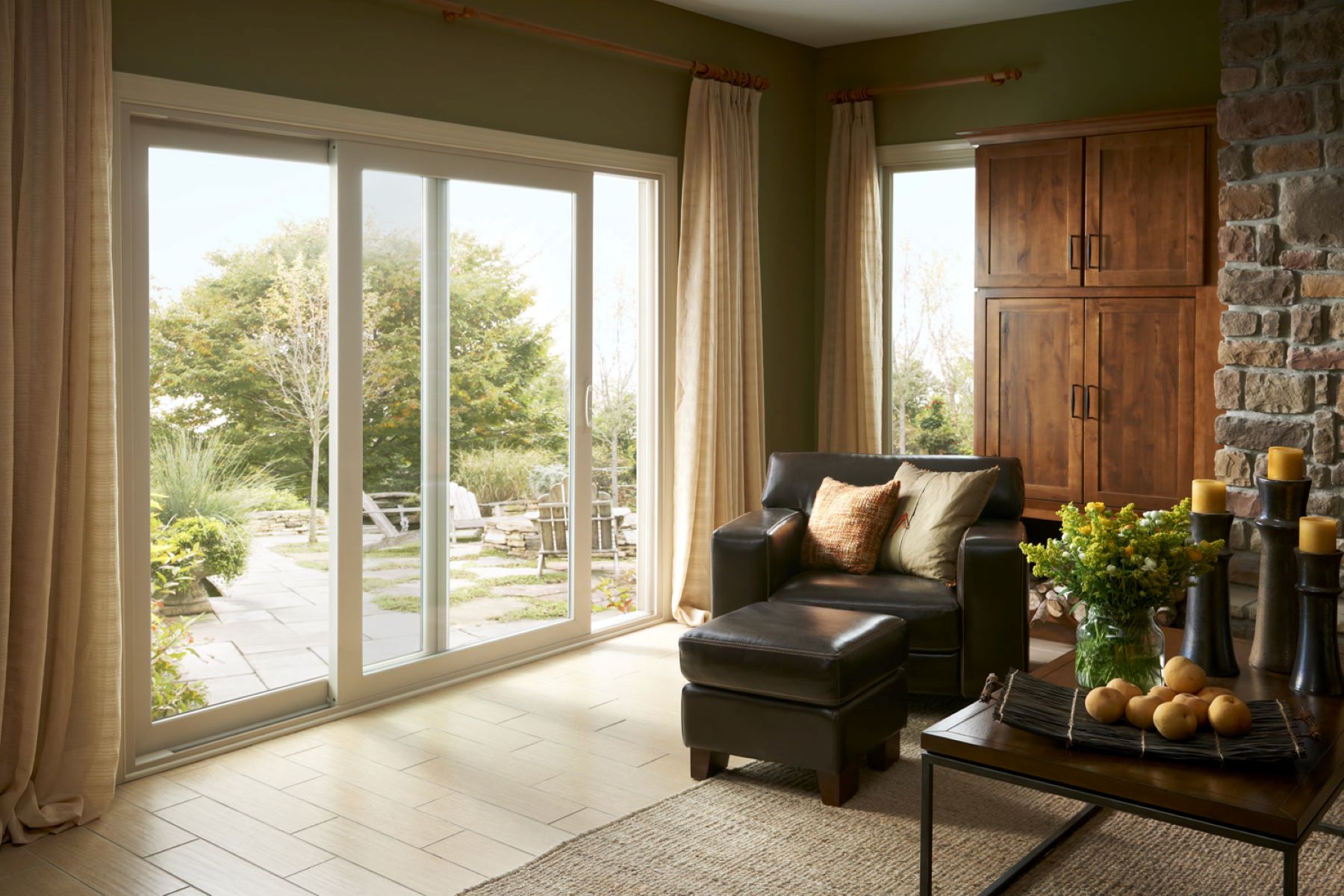

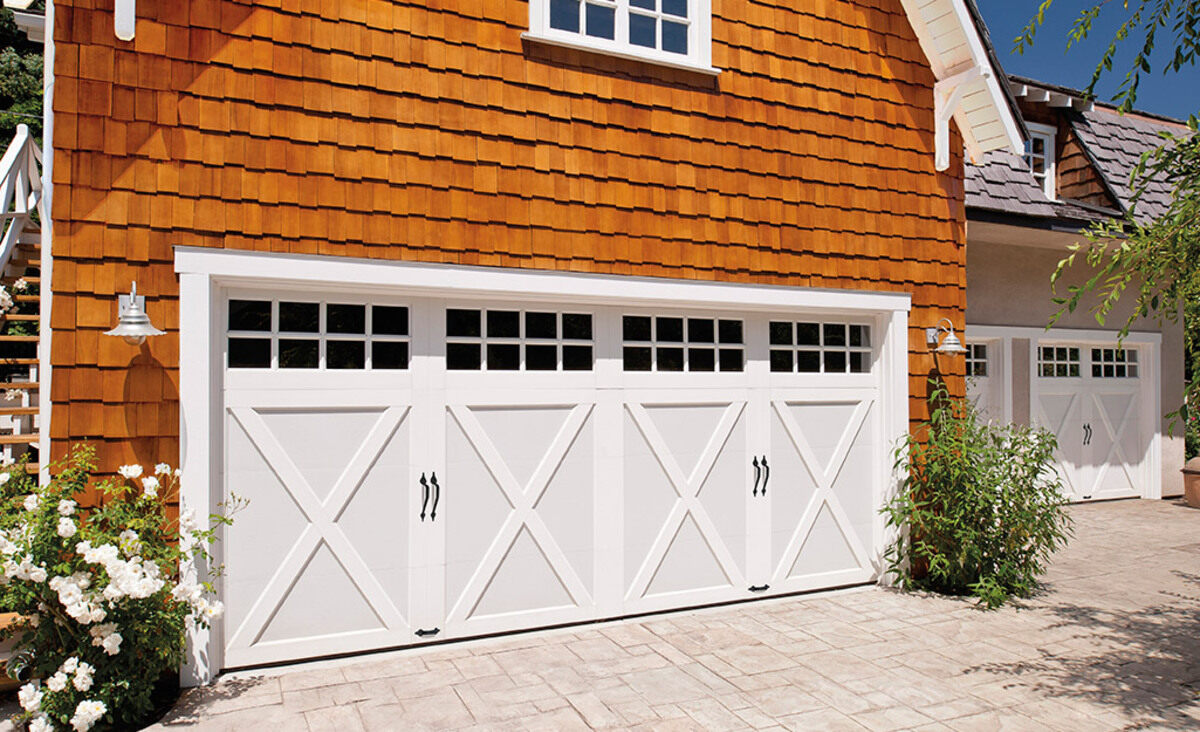
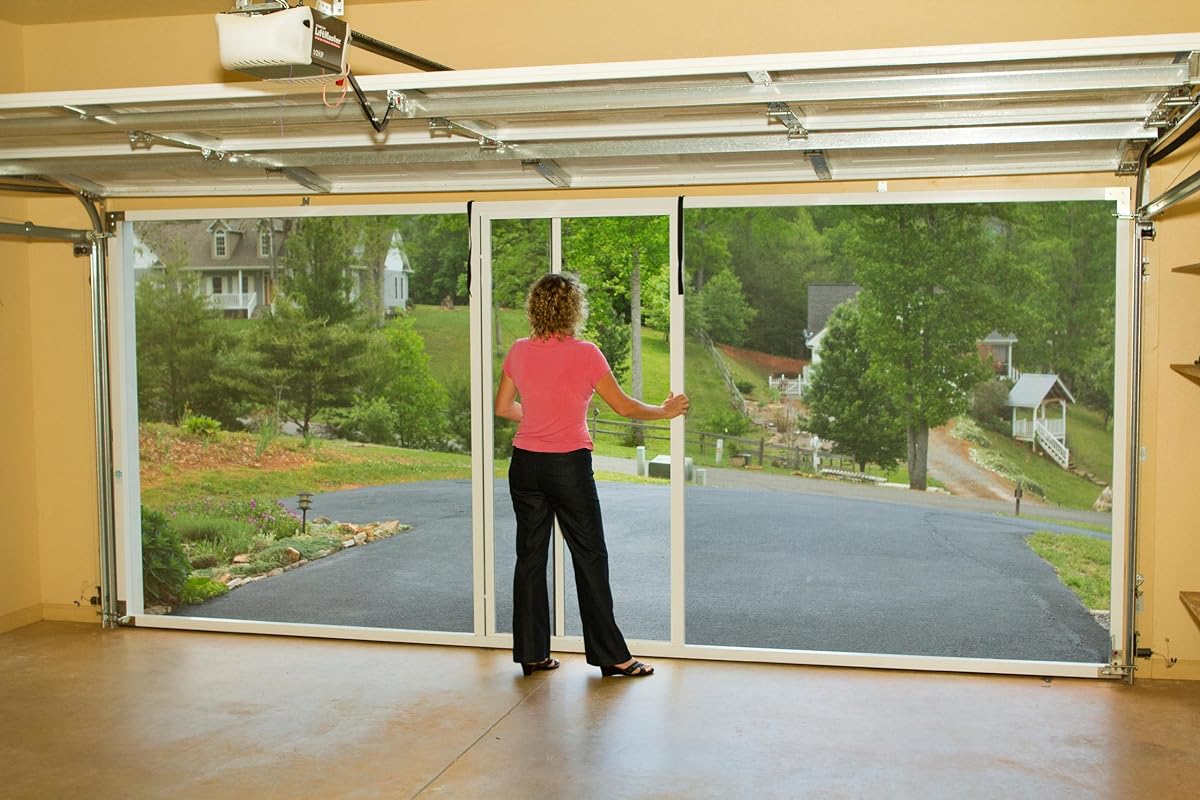
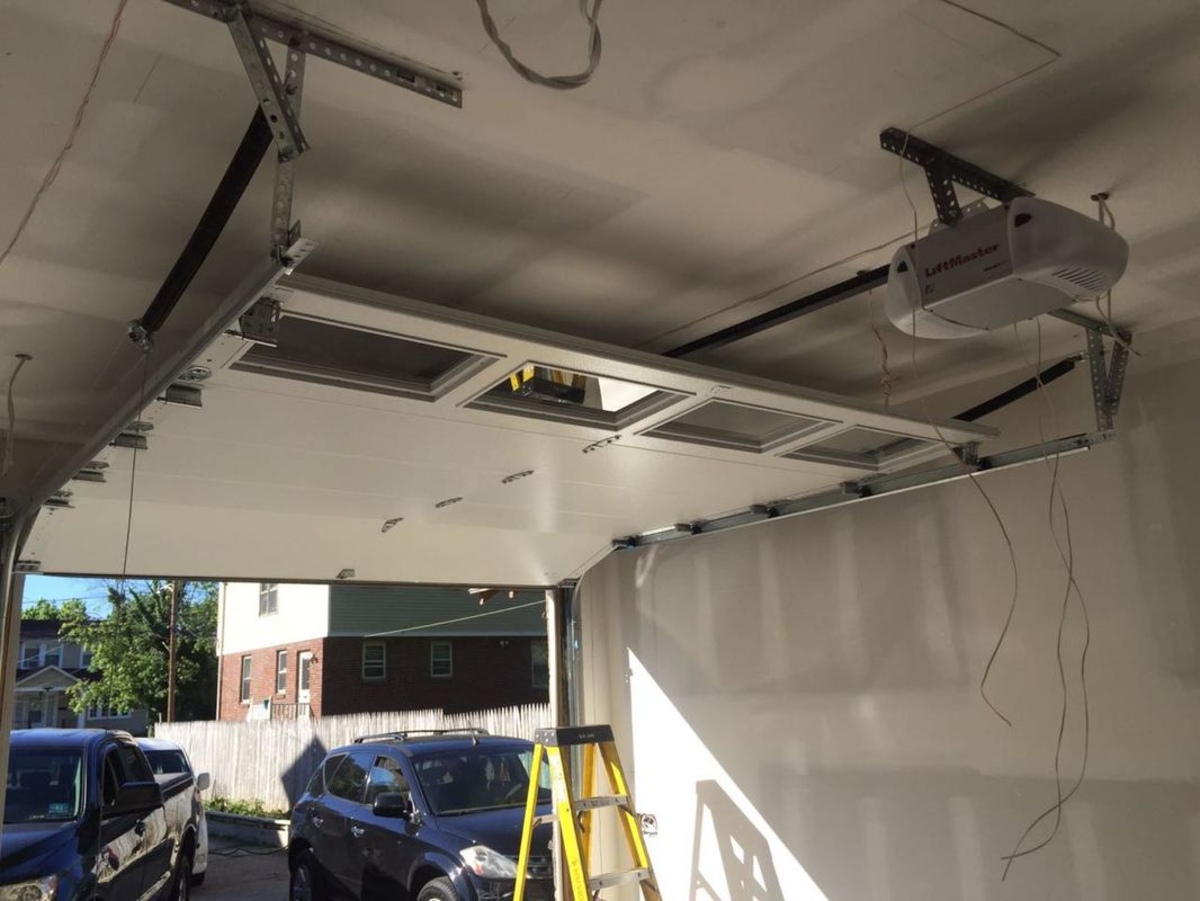
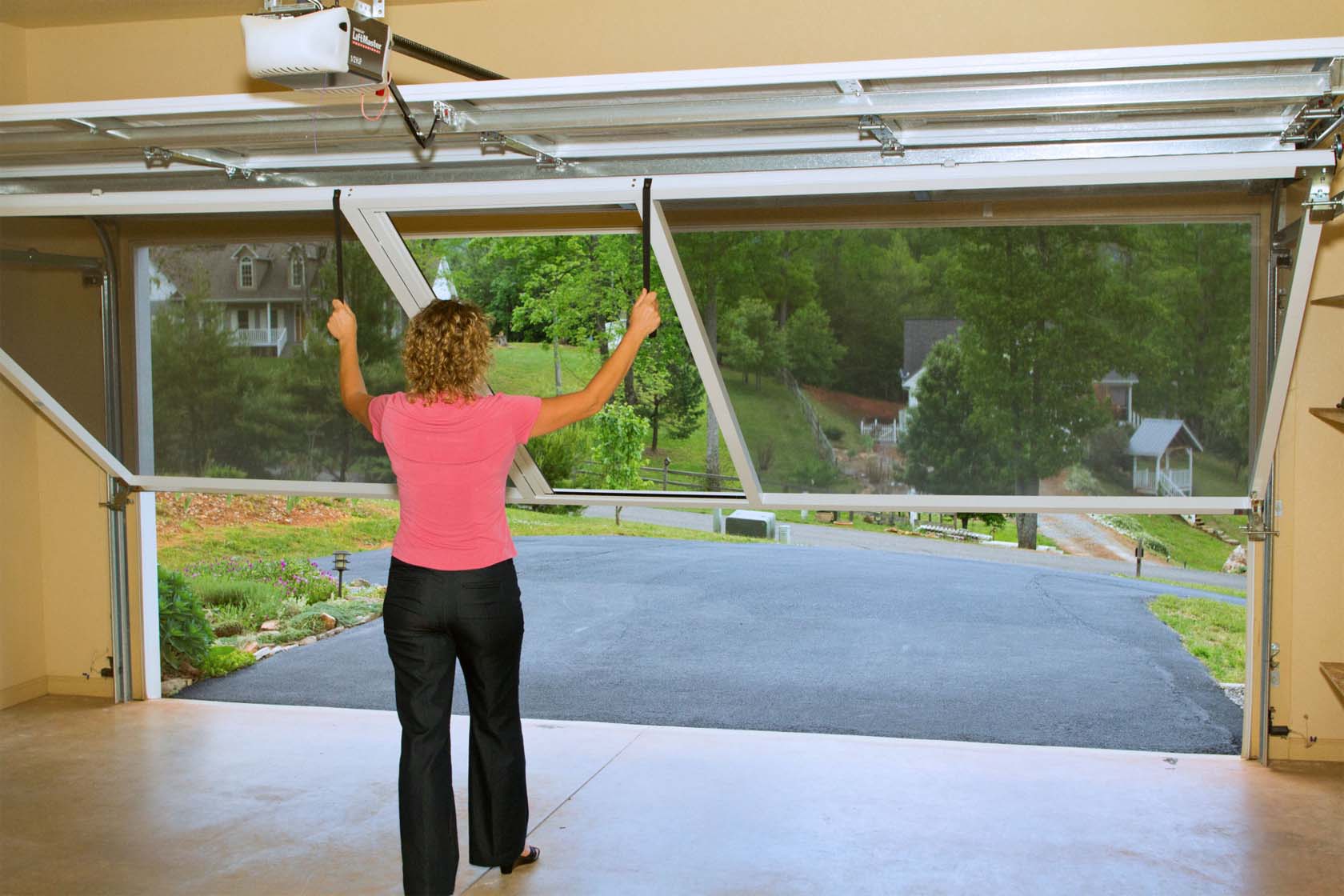
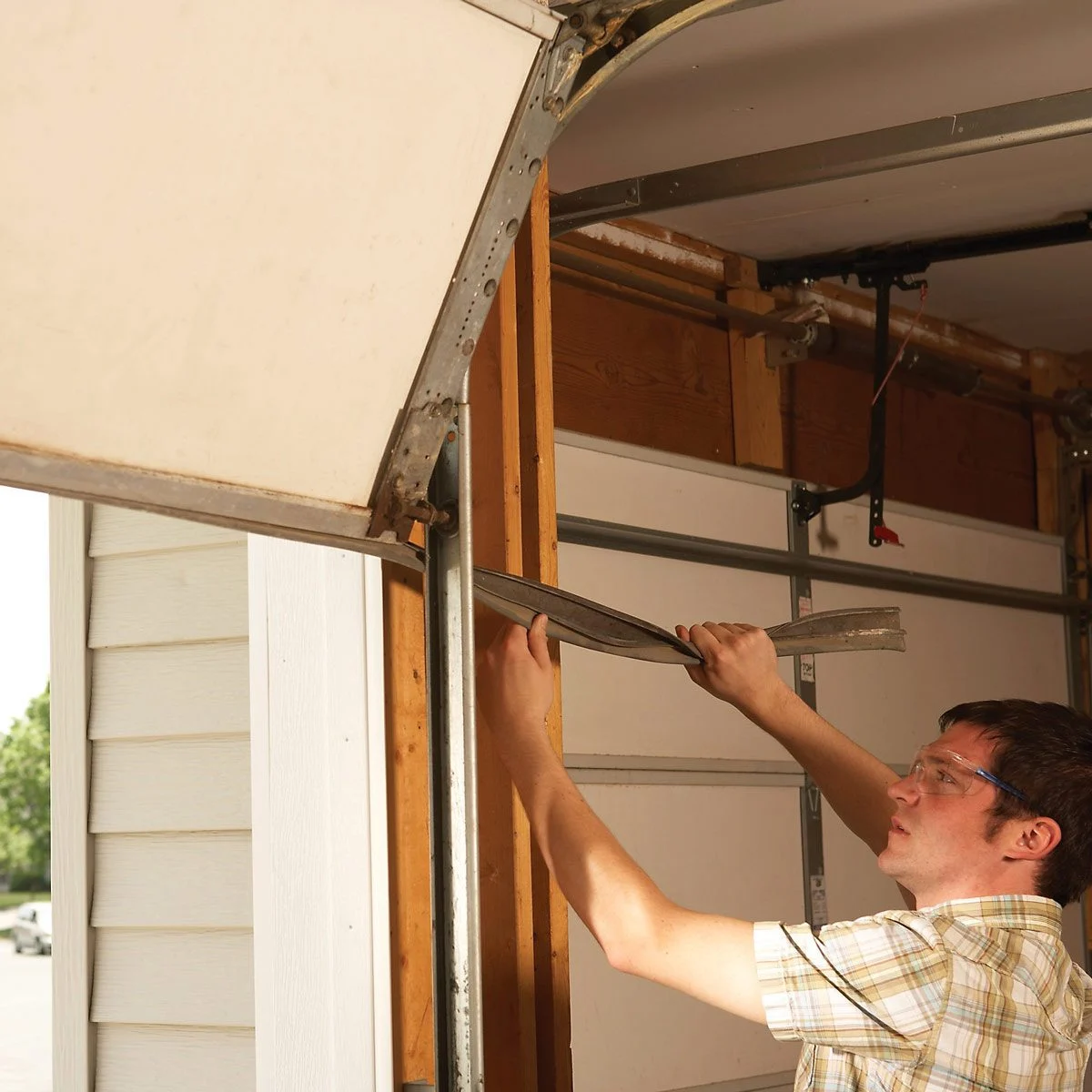
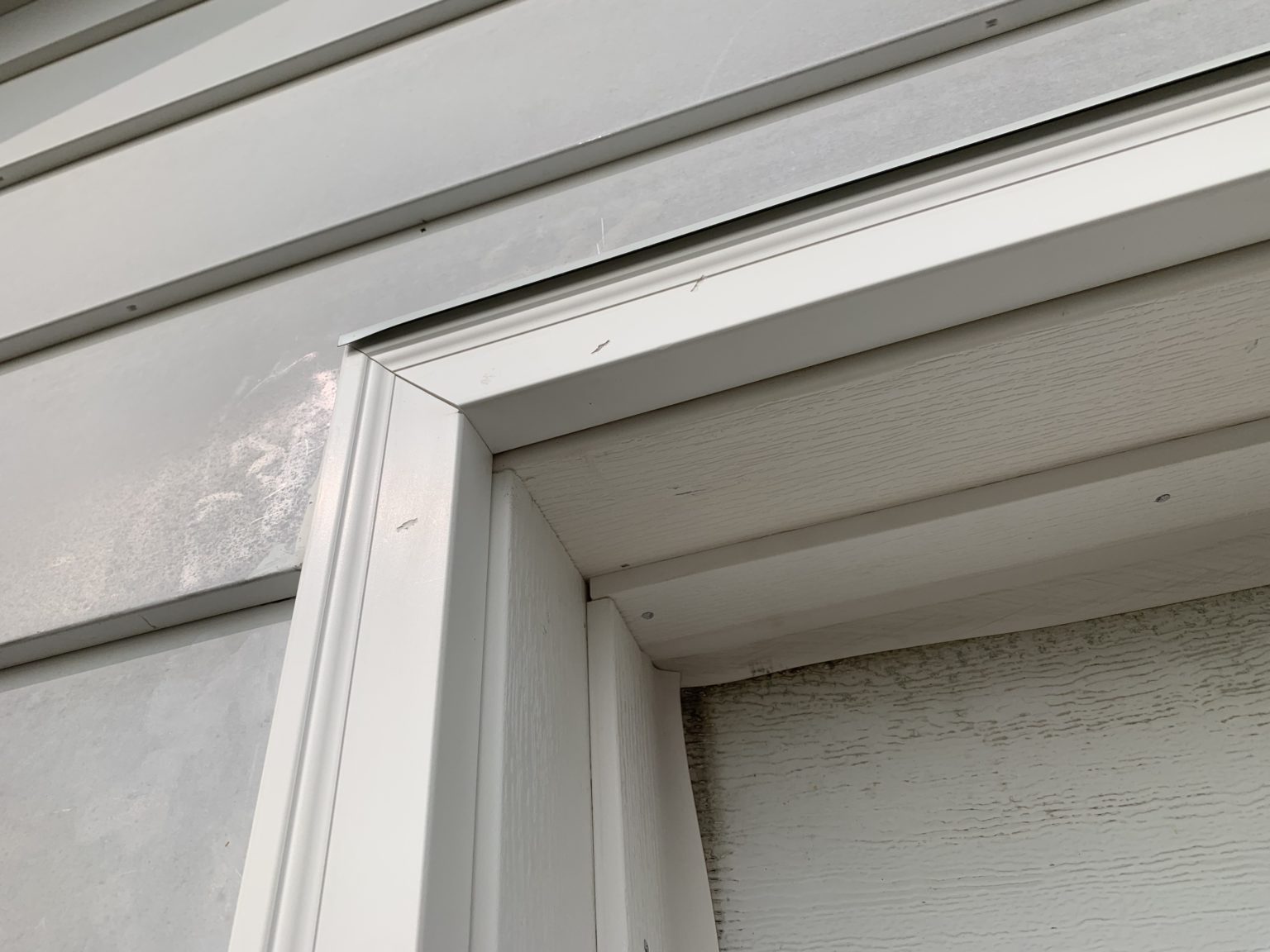
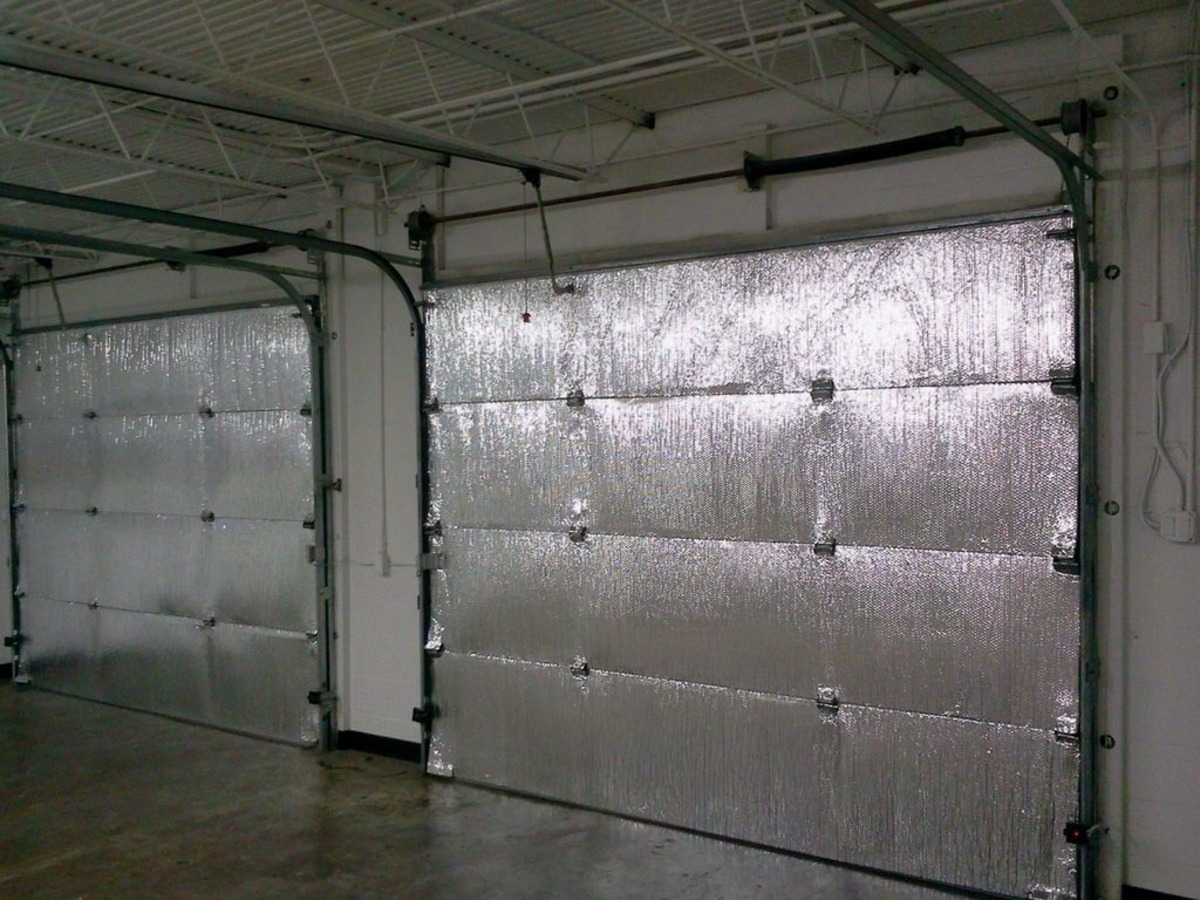
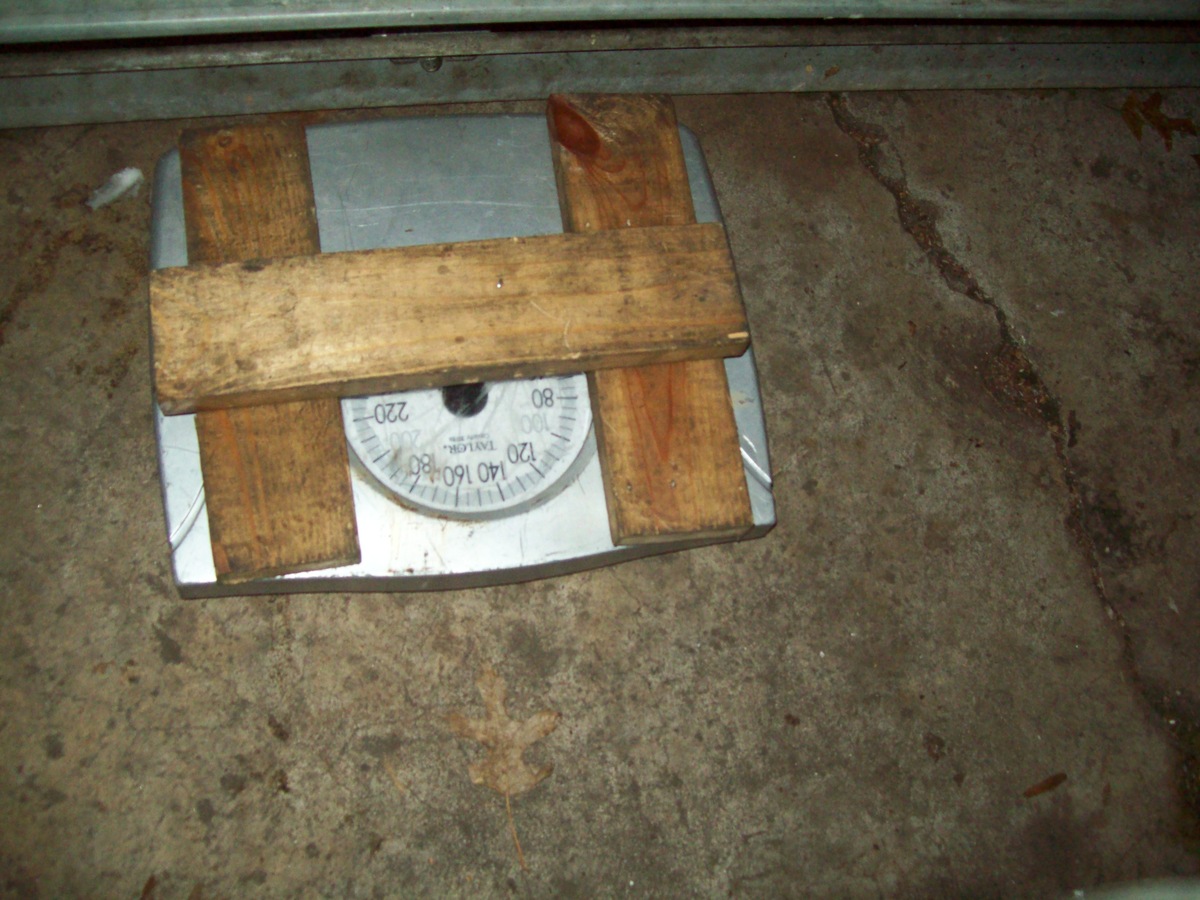

0 thoughts on “How Wide Is A Standard Garage Door”